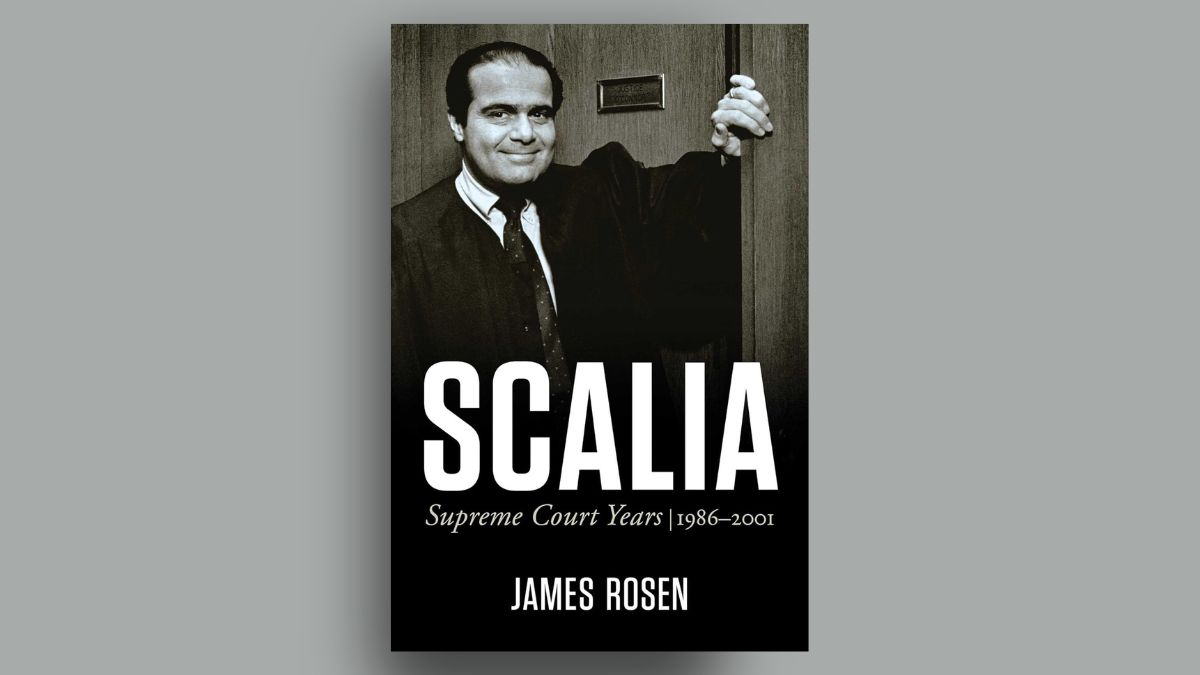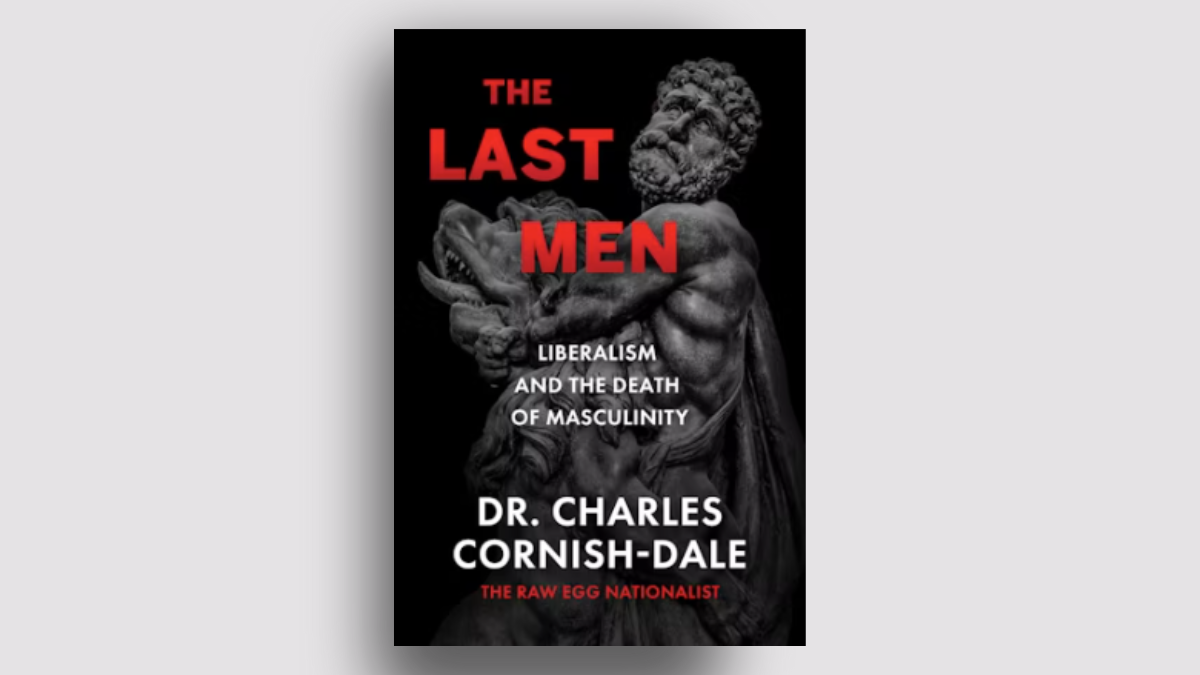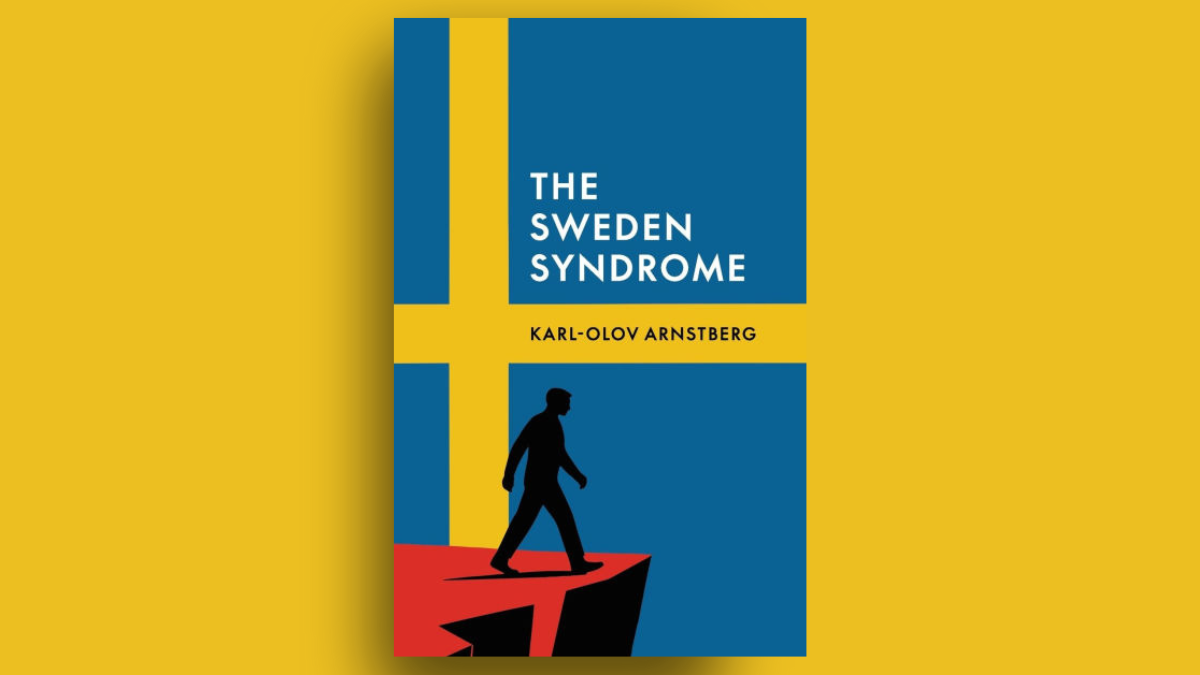
Naomi Wolf’s latest book “Outrages: Sex, Censorship and the Criminalisation of Love” is the center of attention for a reason no writer wants to be widely discussed: her book contains incorrect information and a faulty premise. It is supposedly about the “dramatic buried story of gay history,” but it appears she got her history very, very wrong.
For the record: Outrages says that the Victorians executed men for having sex with each other. This is a big claim that goes against every history of the subject I have read, and it is wrong. No Victorian man was ever executed for sodomy.
— Matthew Sweet (@DrMatthewSweet) May 23, 2019
Wolf initially alleged that “People widely believe that the last executions for sodomy were in 1830. But I read every Old Bailey record throughout the 19th century, so I know that not only did they continue; they got worse.” She covers this assertion in her book, but as a recent interview revealed, it rested on her misunderstanding of the legal term “death recorded” in the records.
Everyone listen to Naomi Wolf realize on live radio that the historical thesis of the book she's there to promote is based on her misunderstanding a legal term pic.twitter.com/a3tB77g3c1
— Edmund Hochreiter (@thymetikon) May 23, 2019
She didn’t learn about this regrettable lapse in research on her own, fact-checking done by her publisher, or a kind friend pulling her aside and asking if she was really sure she grasped the nuances of Victorian England’s sentencing guidelines. Rather, Wolf learned about her gaffe on air, during an interview with Matthew Sweet on BBC’s “Arts & Ideas.” Wolf’s lack of understanding and subsequent inaccurate portrayal of history has broad ramifications for how we regard academic works and new views on history.
The GoodReads blurb for this book reads, as of Friday evening:
Until 1857, the State did not link the idea of ‘homosexuality’ to deviancy. In the same year, the concept of the “obscene” was coined. New York Times best-selling author Naomi Wolf’s Outrages is the story, brilliantly told, of why this two-pronged State repression took hold—first in England and spreading quickly to America—and why it was attached so dramatically, for the first time, to homosexual men.
Before 1857 it wasn’t ‘homosexuality’ that was a crime, but simply the act of sodomy. But in a single stroke, not only was love between men illegal, but anything referring to this love became obscene, unprintable, unspeakable. Wolf paints the dramatic ways this played out among a bohemian group of sexual dissidents, including Walt Whitman in America and the closeted homosexual English critic John Addington Symonds—in love with Whitman’s homoerotic voice in Leaves of Grass—as, decades before the infamous 1895 trial of Oscar Wilde, dire prison terms became the State’s penalty for homosexuality.
Most powerfully, Wolf recounts how a dying Symonds helped write the book on ‘sexual inversion’ that created our modern understanding of homosexuality. And she convinces that his secret memoir, mined here fully for the first time, stands as the first gay rights manifesto in the west.
It’s clear that Wolf’s book was written with a certain agenda. Many books are written with agendas. It’s not her bias that should throw the brakes on hard, it’s that basic research would have uncovered what Sweet found.
Thomas Silver, one of the men Wolf writes about in the book, was not “actually executed for sodomy” in 1859 but was paroled a mere two years later. More, as Sweet notes, this was not some adult-on-adult relationship built on love, like her book claims to be about; Silver committed an “indecent assault on a 6-year-old boy.”
To make this terribly simple: this was a child who was hurt in the most intimate way, and Wolf’s book focuses on the punishment the perpetrator received. Further, in interpreting that focus, Wolf was completely incorrect.
Richard Ward, a historian with expertise in “crime, justice and punishment in Britain, c.1700-1850” frames the history of the legal term at play. “Death recorded” enters the picture in 1823, and “It empowered the trial judge to abstain from formally pronouncing a sentence of death upon a capital convict in cases where the judge intended to recommend the offender for a pardon from the death sentence. In the vast majority (almost certainly all) of the cases marked ‘death recorded’, the offender would not have been executed.”
This misunderstanding is huge and derails much of her premise, as Ward explains: “I think her assumptions about ‘death recorded’ have led her to the view … that ‘dozens and dozens’ of Victorian men were executed, and that one of the main subjects of her book, the poet John Addington Symonds, grew up with the fear of execution hanging over his head. I have yet to see evidence that one man in Victorian Britain was executed for sodomy.”
Lest you think this is the first major misstep in Wolf’s professional career, it’s worth noting her long history of similar problems. Wolf has a doctorate in English literature from Oxford University. Caitlin Flanagan lays out much more of this history in a worthwhile Twitter thread, detailing many of the missteps along Wolf’s path.
https://twitter.com/caitlinpacific/status/1132005856495702021?s=21
If you read no other part of her thread, notice this detail: “1990’s: starts the decade with publication of the Beauty Myth which becomes a big blockbuster but includes, as harbinger, a whopper of a mistake: claims 150K women die per year in US from anorexia @CHSommers checks the numbers: 400 maximum.”
https://twitter.com/CaitlinPacific/status/1132005858785792000
In addition, note that in 2006 “she claimed that during a therapy session to treat writer’s block, she took on the spirit of a 13-year-old boy and saw Jesus Christ.”
At some point, all people make mistakes. It happens. But a pattern of unreliability should make consumers and academic peers pause, consider, and re-evaluate their trust in Wolf as a scholar. Wolf has, she says, “corrected the error right away, and asked my publishers to include the correction in the book; and I thanked Dr Sweet both one to one and in public.”
Yet this isn’t even just about one book, or how a publisher like Houghton Mifflin Harcourt could have missed this. It’s bigger.
A lot of people gleefully trashing Naomi Wolf, and her latest book does seem based on a big misunderstanding.
But, really, Wolf is just the Id of much modern historical scholarship: It too tells just-so stories to bolster the political orthodoxies of a small group of academics. https://t.co/D8yPOfsj7B
— Yascha Mounk (@Yascha_Mounk) May 24, 2019
The political breakdown of Americans does not match that of academia, not even close. The halls of our universities and the people writing mainline books on these topics that we’re told to trust are, by and large, liberal.
A recent study by Mitchell Langbert, an associate professor of business at Brooklyn College, highlighted how sharply conservatives are shut out of universities. Fifty-one of the 66 top-ranked liberal arts universities in the nation were part of his dataset, and the numbers are pretty shocking:
In religion, Langbert’s survey found that the ratio of Democrats to Republicans is 70 to 1. In music, it is 33 to 1. In biology, it is 21 to 1. In philosophy, history and psychology, it is 17 to 1. In political science, it is 8 to 1. In physics, economics and mathematics, the ratio is about 6 to 1. In chemistry, it is 5 to 1, and in engineering, it is just 1.6 to 1… Lambert found no field in which Republicans are more numerous than Democrats.
The books that appear trustworthy because they’re by professional and learned people need to be critically examined and checked against history and primary sources as often as possible, especially because the academy peddles a lot of bunk more easily due to endemic embedded ideological bias.
In some ways, as hard and cringe-worthy as this interview and process have been for Wolf, it’s an excellent wake-up call for everyone else. If she hadn’t been challenged, and challenged so publicly, this book very probably would have gone to sit on shelves across the country, feeding a false narrative. That would have been tragic and led people astray. Perhaps this will serve as an opportunity for Americans to start critically engaging with the material before them, becoming better informed and not believing things that perfectly fit predetermined political narratives.









